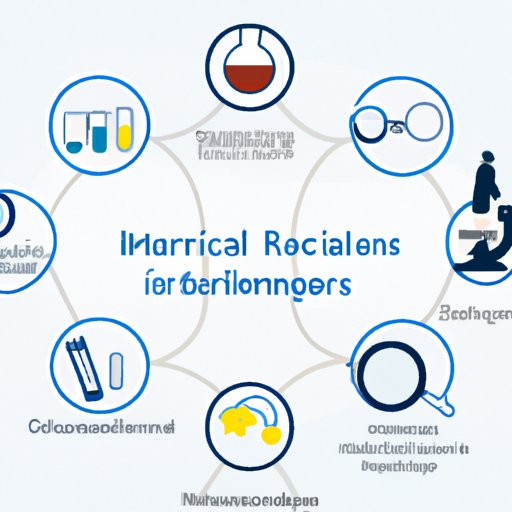Introduction
Investigational medicinal products (IMPs) are drugs or therapeutic biological products that are used for research purposes in clinical trials. They are developed with the intention of being tested on humans to assess their safety and efficacy. IMPs are subject to stringent regulatory requirements before they can be used in clinical trials. In this article, we will explore what are investigational medicinal products, the role they play in modern medicine, the regulatory requirements for their use and the impact they have on clinical trials.
Regulatory Requirements
Before IMPs can be used in clinical trials, they must meet certain regulatory requirements established by the relevant health authorities. These requirements include ensuring that the product meets quality, safety and efficacy standards, as well as providing detailed information about the product’s composition and production process. Additionally, the product must be approved by the relevant health authority before it can be used in a clinical trial.
The regulatory requirements for IMPs ensure that these products are safe and effective for use in clinical trials. However, they also come with certain drawbacks. For example, the approval process can be lengthy and costly, and can delay the progress of the clinical trial. Additionally, there is no guarantee that the product will be approved, which can lead to further delays and increased costs.
Impact on Clinical Trials
IMPs play an important role in clinical trials, as they allow researchers to test the safety and efficacy of new drugs or treatments. They are essential for the development of new medicines and therapies, and can help improve patient outcomes. However, developing and using IMPs also comes with certain challenges.
One of the biggest challenges is the cost associated with developing IMPs. Developing IMPs requires a significant amount of resources, including time, money and personnel. Additionally, the regulatory requirements for IMPs can add to the cost and complexity of the development process. Furthermore, there is no guarantee that the product will be approved, which can lead to further delays and increased costs.
In addition to the cost and complexity of developing IMPs, there are also challenges associated with using them in clinical trials. For example, it can be difficult to find enough patients willing to participate in clinical trials that involve IMPs. Additionally, the results of clinical trials that involve IMPs may not be reliable, as the safety and efficacy of the product has not been fully established.
Conclusion
Investigational medicinal products are drugs or therapeutic biological products that are used for research purposes in clinical trials. They are subject to stringent regulatory requirements before they can be used in clinical trials. IMPs play an important role in clinical trials, as they allow researchers to test the safety and efficacy of new drugs or treatments. However, developing and using IMPs also comes with certain challenges, such as the cost associated with developing them and the difficulty of finding enough patients willing to participate in clinical trials that involve them.
Overall, investigational medicinal products are an important part of modern medicine, as they allow researchers to develop new medicines and treatments. While developing and using IMPs comes with certain challenges, the benefits of using them outweigh the risks. With the right regulatory framework and adequate resources, IMPs can help improve patient outcomes and pave the way for new treatments.


